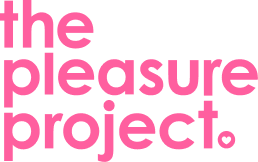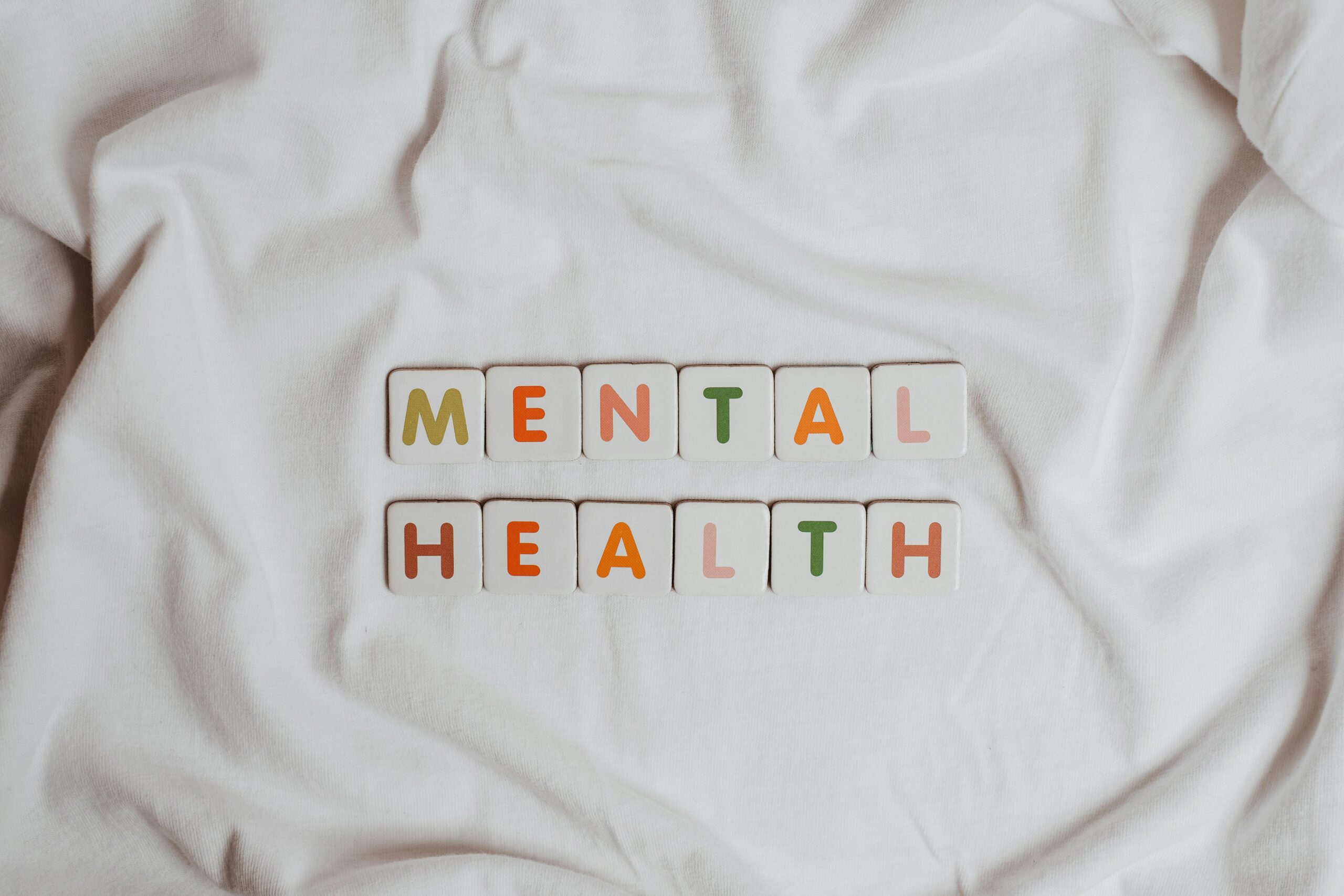By Utkarsha Jagga
Since Masturbation May is coming to an end, it’s helpful to look at the intersection of the two movements that it actively puts the limelight on – masturbation & mental health; both of these are key aspects of our overall well-being, and both of these are majorly tabooed in the world we live in. The month of May allows us to have the centrestage to talk about masturbation and mental health, and the intersection of pleasure and joy that exists between the two.
The intersection between pleasure and mental health has been long overlooked. In several contexts, conversations around pleasure and mental health are not only tabooed, but are considered as having a “negative” impact on people, and their well-being. But the truth is, the connection between pleasure and mental health is very strong, and in order to focus on overall well-being we cannot escape talking about sexual well-being and how it impacts our relationships with ourselves and others. Prioritising pleasure, in any way, implies that we’re actively choosing to engage in things which make us feel good, choosing to add joy to our lives. Prioritising pleasure, in a world and society that is run by norms which make us believe that it’s a shameful thing to engage in, is an act of resistance and resilience. It’s our very active way of choosing not to give into patriarchal ideas of sexual relationships; therefore, allowing pleasure to be our safe haven, which highlights agency, choice, and unlearning – all three aspects which are essential for our mental well-being. Choosing pleasure across different stages of our lives, in different ways, allows us to feel connected with our own values, emotions, and our interpersonal relationships.
The month of May allows us to have the centrestage to talk about masturbation and mental health, and the intersection of pleasure and joy that exists between the two.
Sexual pleasure, whether partnered or solo, contributes to not only feeling more connected and feeling at ease, but also an increased sense of agency, attachment, safety, and openness. Awareness of one’s needs, when it comes to pleasure, often results in fostering a nuanced understanding of ourself and others, and develops compassion towards self. At any point of time, compassion towards the self leads us to move towards healing and holistic growth. Pleasure often becomes a gateway to self-discovery and acceptance. In a world that continues to stigmatise conversations around mental health and pleasure, both collectively and individually, choosing to talk about the intersection between the two also means that we’re actively working towards reducing the disconnect that one might feel between self and their experiences. Because of the shame surrounding these conversations, we often feel isolated, dismissed, and alienated in our experiences with pleasure, resulting in a disconnect between “doing the right thing” and desire. If we talk more about how pleasure is intertwined with our well-being, we work towards removing this dichotomy of right and wrong that exists between shame and pleasure. Being able to have more conversations around pleasure, results in more people feeling seen, eventually resulting in more people feeling validated and connected with their own emotions.
Prioritising pleasure, in any way, implies that we’re actively choosing to engage in things which make us feel good.
Highlighting the importance of this connection between pleasure and mental health also means that we will be able to open avenues for people to seek help and not feel ashamed about it. Knowing when to take help, knowing how to take up space, and doing this with a lot of compassion for self will allow us to focus on holistic well-being and collective growth.
So, how do you plan to make space for your pleasure, not only in the month of May, but consistently across time, as an act of self care and prioritisation?


